Whether you're reformulating to comply with the UK's upcoming HFSS advertising restrictions or to address low product ratings, the imperative is clear: act swiftly and strategically.
From 5 January 2026, the UK will enforce new advertising restrictions on products high in fat, salt, or sugar (HFSS). These regulations will prohibit paid-for online ads for identifiable HFSS products at any time and restrict TV ads for such products before 9pm. Businesses with 250 or more employees will be affected.
Simultaneously, our analysis reveals that the bottom 20% of products with at least 30 reviews in UK supermarkets since 2023 have an average rating of less than 4.0. This figure underscores a vital truth: these products don’t need more reviews—they need reformulating to succeed.
At CheckoutSmart, we view these challenges not as obstacles but as opportunities. Our SmartReformulation solution is designed to help brand managers update and relaunch poorly rated SKUs, ensuring products not only meet regulatory standards but also resonate with consumers.
The opportunity for improved taste with HFSS/LHf compliance
The upcoming HFSS/LHF legislation, effective from 5 January 2026, presents a strategic opportunity for brands to enhance both the nutritional profile and taste of their products. By reformulating to reduce levels of fat, sugar, and salt, and incorporating beneficial ingredients like fibre, protein, and fruits, companies can not only comply with regulatory requirements but also meet the growing consumer demand for healthier options.

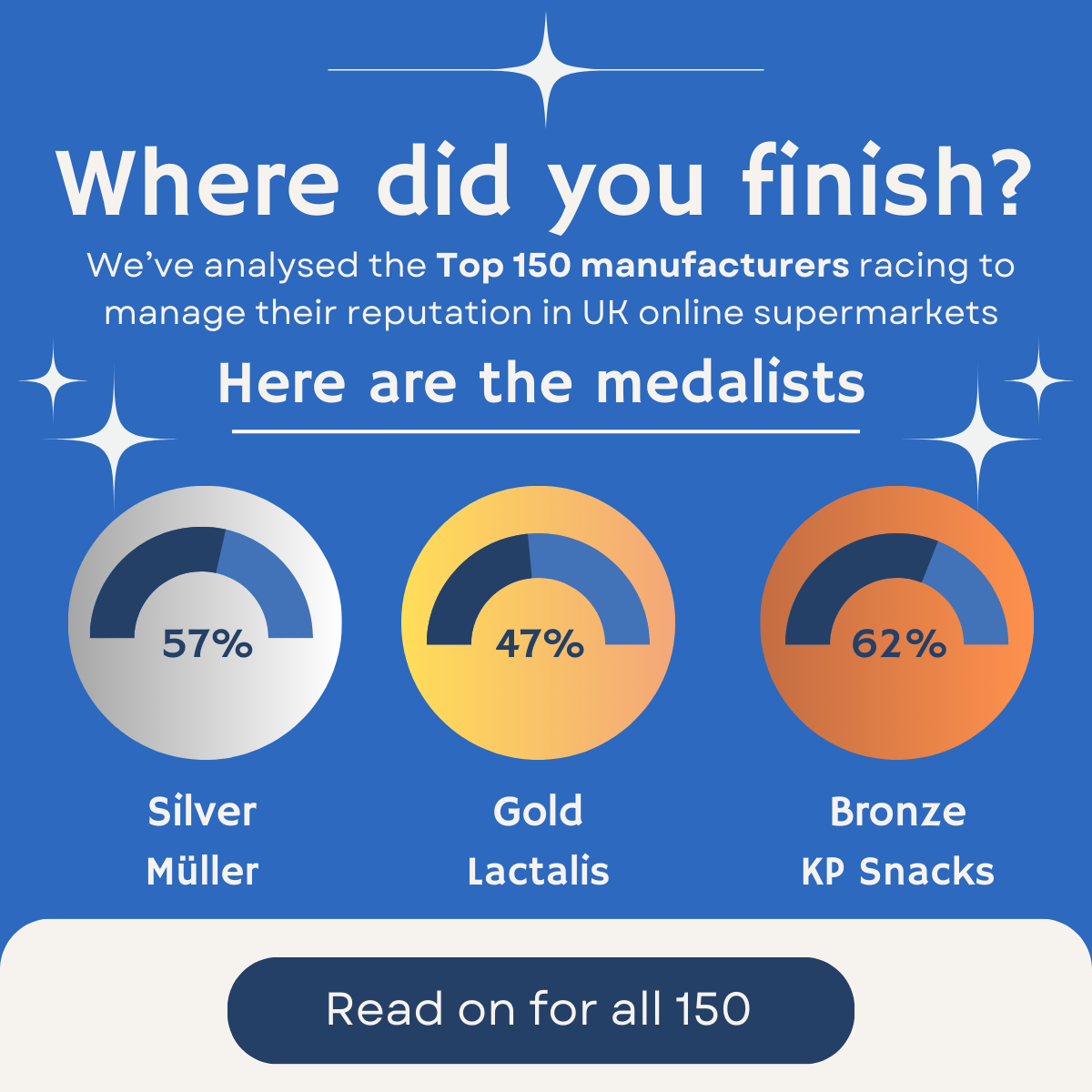
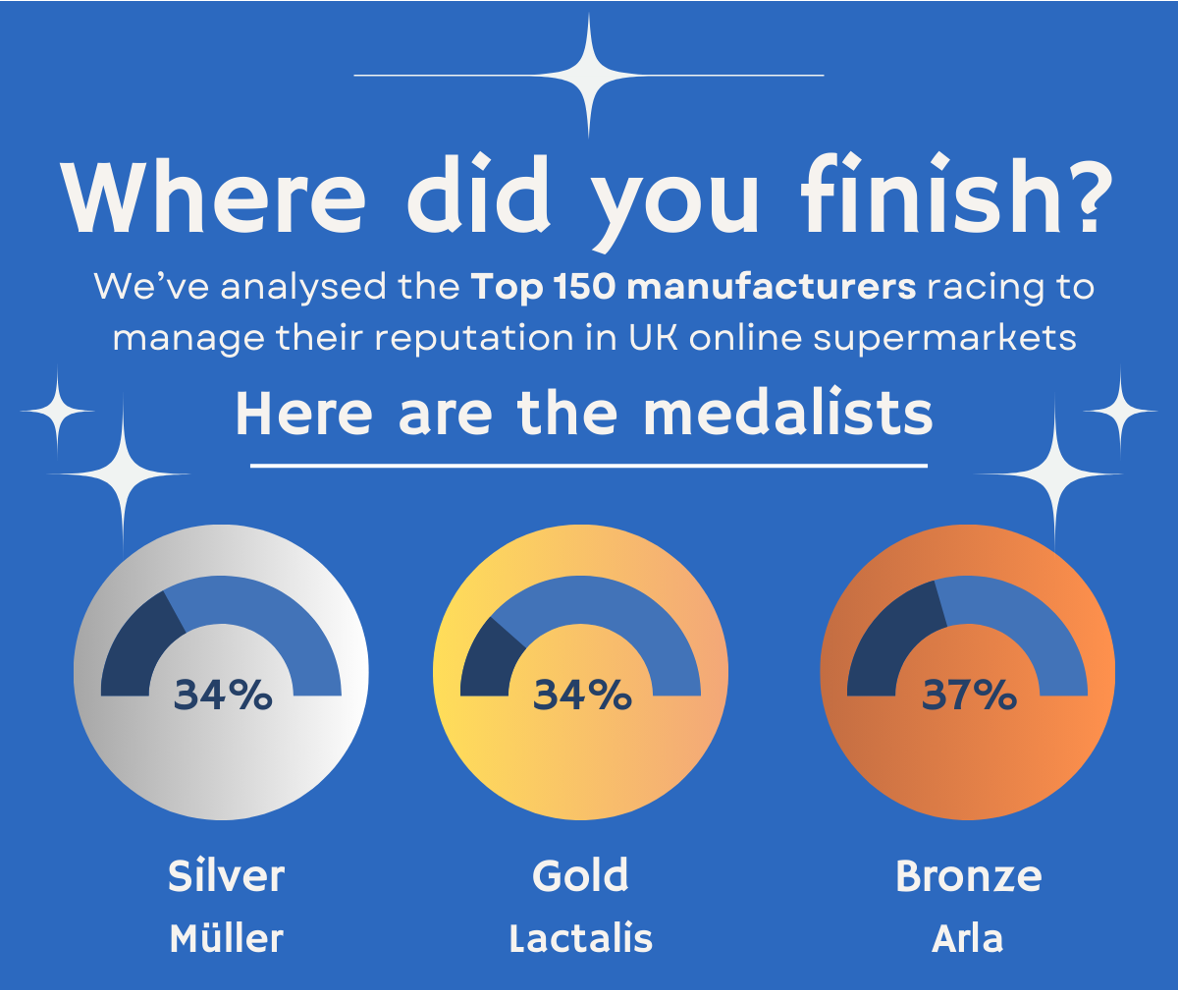
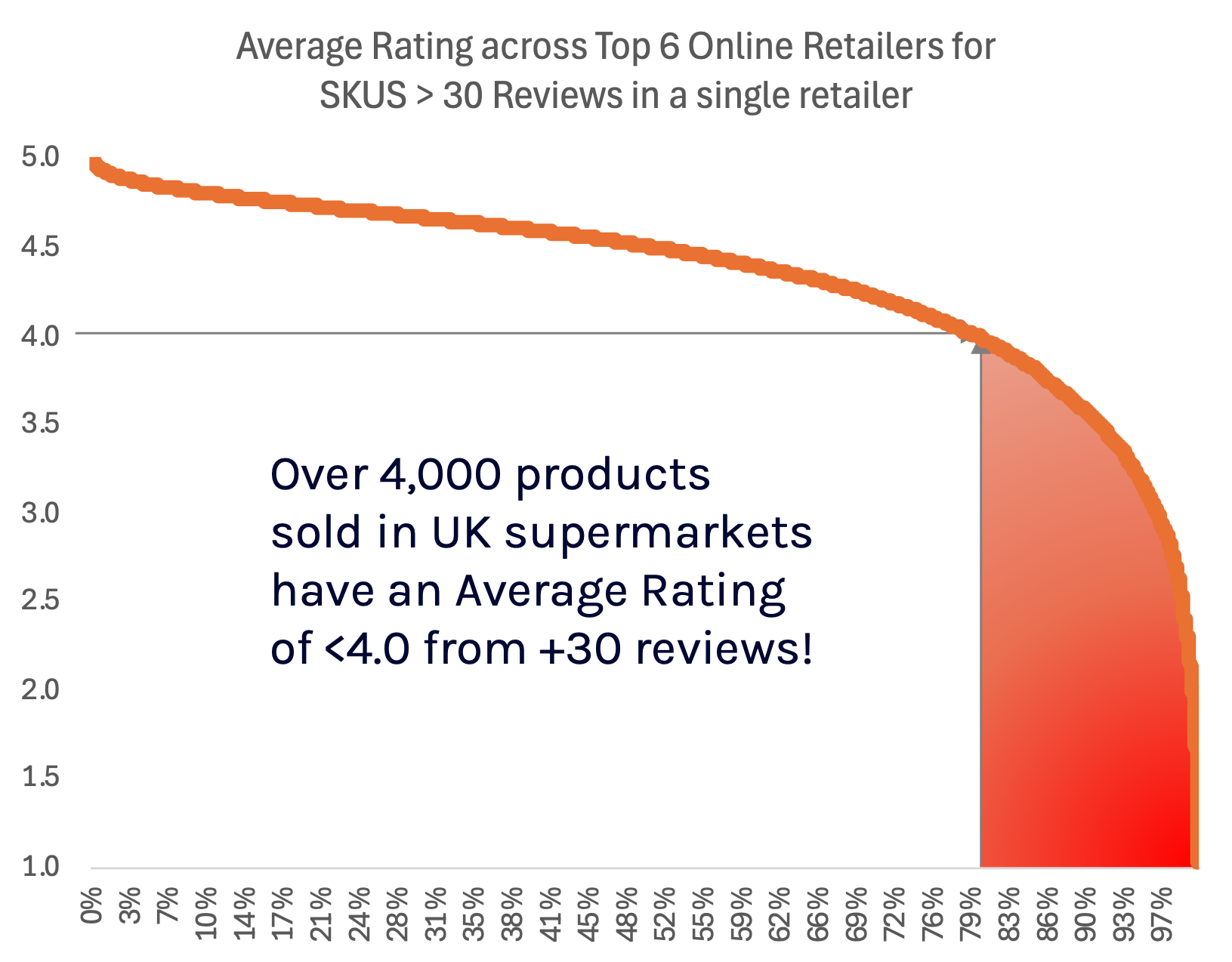

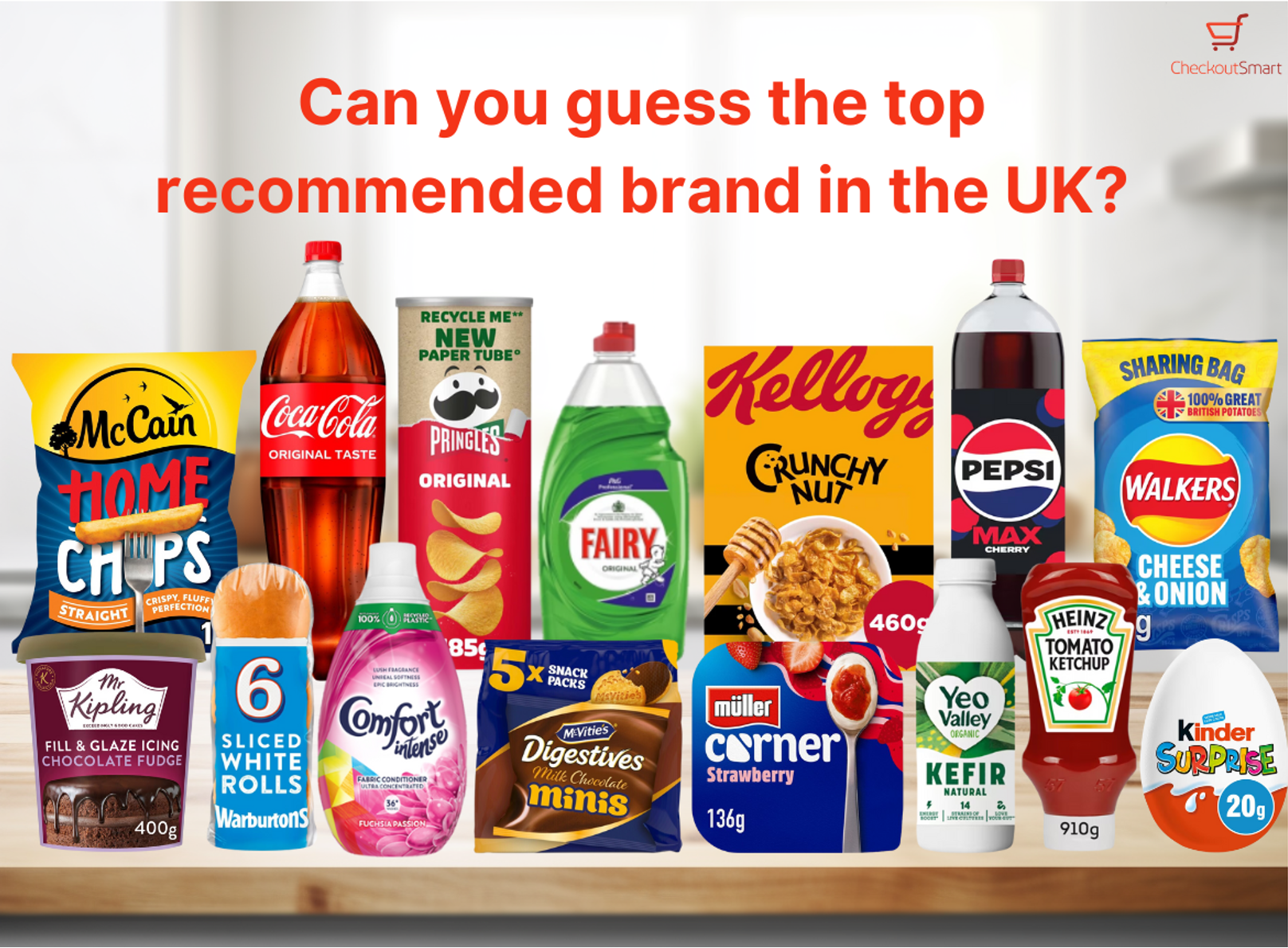
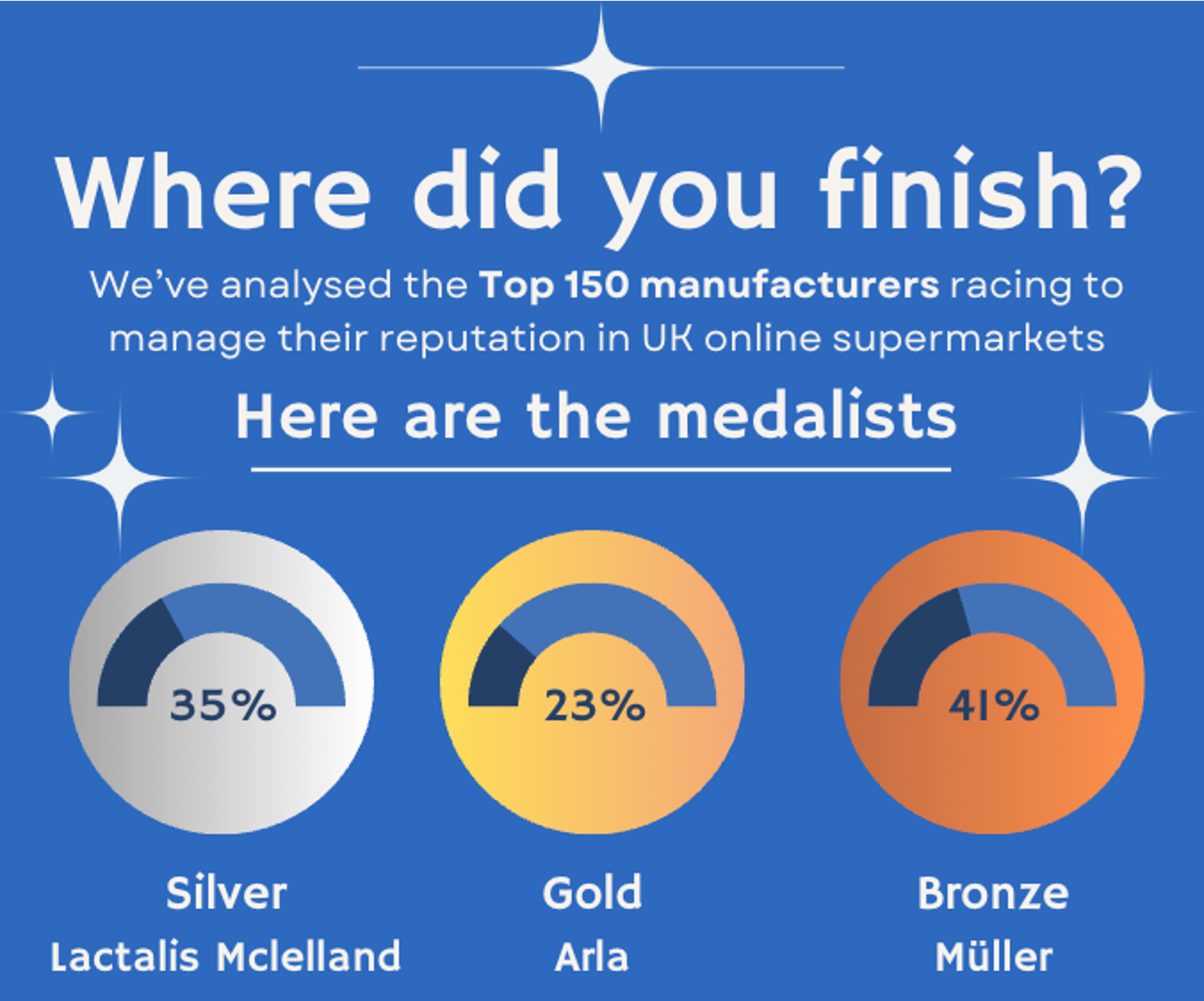



 fans 15,785
fans 15,785
 followers 4,312
followers 4,312